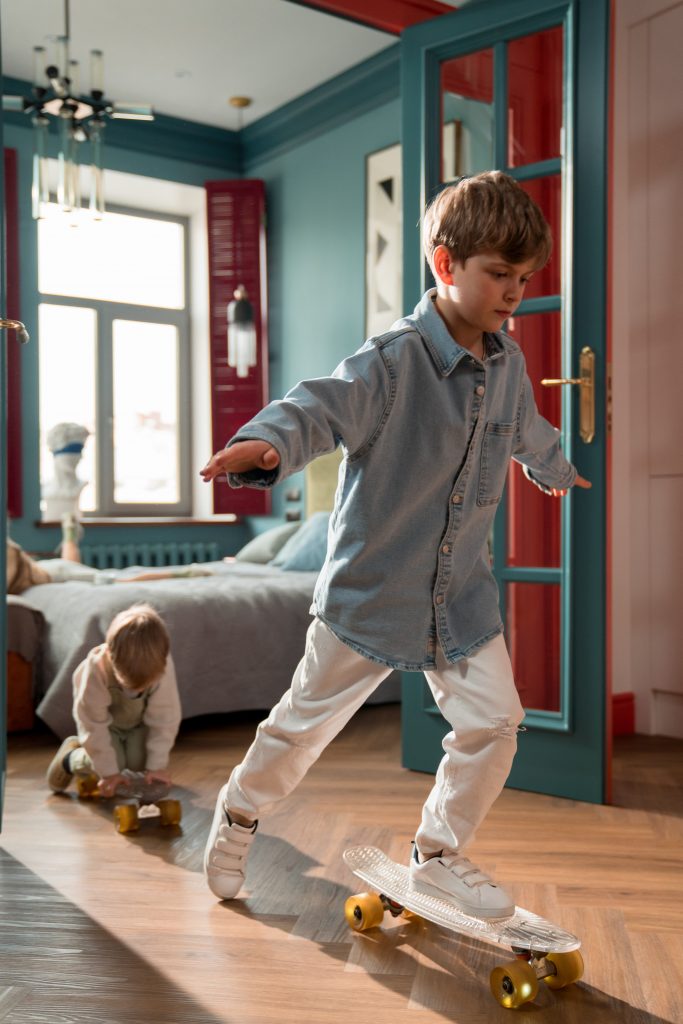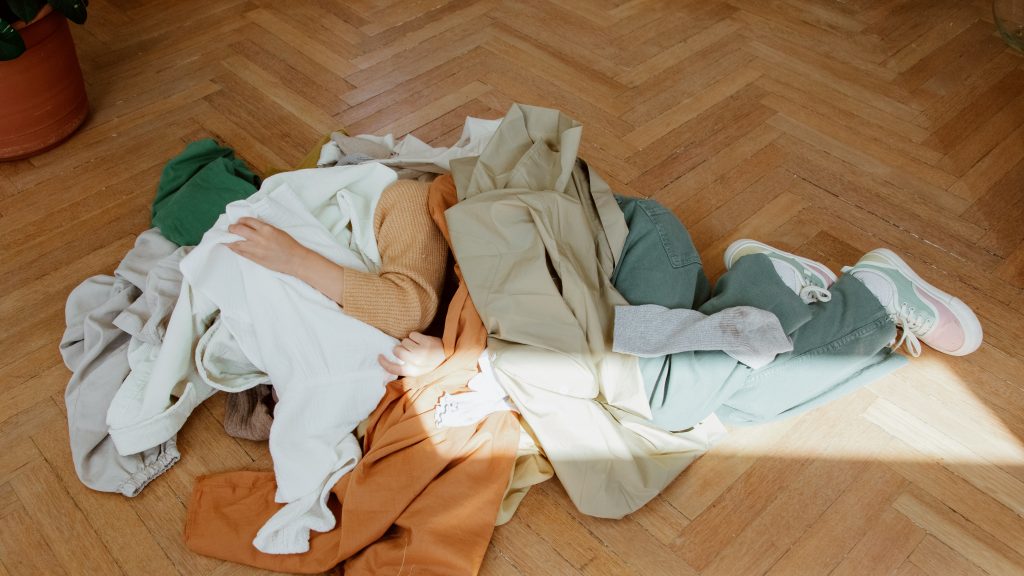Guide to Attention-Deficit Hyperactivity Disorder (ADHD) in Children

In children, attention-deficit hyperactivity disorder (ADHD) is a mental health disorder that makes it very hard for them to focus on schoolwork, pay attention, and sit still. In children with ADHD, it is more difficult for them to control themselves than children of their age, which can lead to difficulties in both school and at home.
ADHD consists of two distinct types of behaviors:
- Inattentional behavior, i.e., a child who is unable to pay attention
- Behaviors characterized by excessive energy and difficulty controlling impulses that occur in children
Symptoms of ADHD
ADHD is characterized by inattentive and impulsive behaviors in some children, but in most cases the symptoms are a combination of both. Many of the first signs of ADHD include hyperactivity or impulsive behavior. This typically occurs in children between the ages of three and six. Some examples of hyperactive or impulsive behavior include:
- Excessive energy and inability to sit still
- Fidgeting constantly
- Runs around and climbs on things often
- Talks constantly or interrupts others
- Often very impatient
Inattentive behavior is a symptom of ADHD. Children usually exhibit this behavior when they begin school. Examples of inattentive behavior include:
- Easily distracted
- Making careless mistakes
- Having a hard time following instructions
- Forgetting or losing things frequently
- Having difficulty staying organized
- Having difficulty listening to what others have to say
- Avoiding tasks that require a great deal of thought or effort
- Lack of awareness of what is going on around them
ADHD is diagnosed twice as often in boys as in girls. Symptoms in girls may differ from those in boys.
ADHD in Children Diagnosis

ADHD can be diagnosed in children if:
- Prior to the age of twelve, they display several inattentive or impulsive behaviors
- Their behavioral challenges go beyond what’s normal for their age
- They show signs of symptoms over a long period of time
- As they struggle with their behavior in different contexts, such as at home and at school
- It interferes with their school work or social life
In order to make a diagnosis, a mental health professional will speak with the child’s parents, teachers, and other adults. In addition, the professional will meet the child personally. The child will undergo several tests. In doing so, the mental health professional will be able to determine if the child has ADHD or another disorder with similar symptoms.
Treatment
ADHD is typically treated with a combination of behavioral therapy and medication.
Therapy
Children with ADHD can benefit from several types of therapy, including:
- Parent-child interaction therapy: A therapy that involves the parent and the child together. During the course of this therapy, the parent learns how to encourage good behavior in the child.
- Training for parents: The parent learns how to address the symptoms of their child.
- Cognitive behavioral therapy (CBT): A therapist teaches the child to control their behaviors. In addition to discussing how thoughts and feelings affect behavior, they practice how to improve self-control. This works best with older children.
- Social skills training: The therapist teaches the child how to behave around other children.
- Therapy for families: Parents and siblings learn to manage the stress of living with an ADHD child.
It is also possible for a therapist to work closely with a child’s teacher.
Medication
Stimulants are commonly prescribed to children diagnosed with ADHD. These medications can help the child calm down, focus and control their impulses. In addition to methylphenidate and dextroamphetamine, two other commonly prescribed medications are Ritalin and Adderall. There can be some serious side effects associated with these medications, such as headaches, nausea, and insomnia. Children who experience these side effects may be prescribed non-stimulant medications instead. Many children with ADHD will gradually lose their symptoms as they grow into young adults. Adults can still suffer from symptoms of ADHD, especially inattention and the inability to control their impulses.
Risk for other disorders
In addition to ADHD, children with oppositional defiant disorder, anxiety, or depression are often diagnosed with these conditions. It is also possible that some children will also be diagnosed with Tourette’s syndrome. Treatment of ADHD is most effective when it is combined with treatment of other mental health conditions.
Schedule a FREE Consultation
We believe in an integrative and holistic approach to help you make the changes you want. Contact us now to schedule an appointment or to request a 20 minute free phone consultation. During this session, you will be invited to share your story and ask any questions you may have.
Recent Articles
Identifying Different Parenting Styles
Much like everything in life, there are differences in the way people parent their children. People often want to know…
Signs Someone You Love May Be Hiding Depression
Depression can be scary for many people. Depression can make individuals feel as though they are losing control over their…
Fighting the Good Fight with Couples Therapy
Tension and conflict are normal and even healthy parts of any relationship. Sometimes, tension and conflict work out by itself.…
What Is Family Therapy?
In any family, it is normal to have a certain level of conflict. In fact, conflict might even be healthy…





